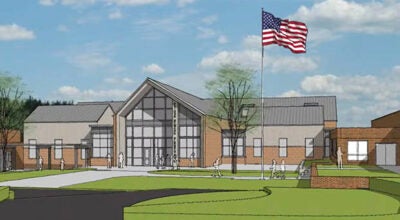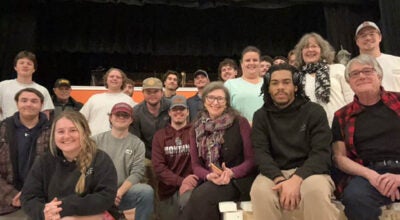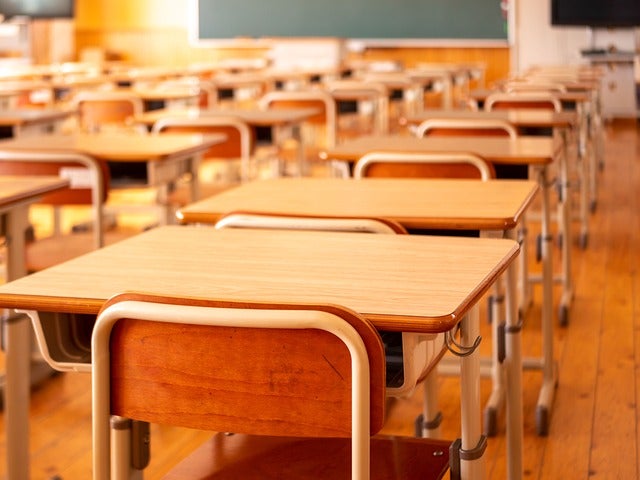Poor behavior at meetings threaten public participation
Published 6:54 am Tuesday, August 10, 2021
|
Getting your Trinity Audio player ready...
|
With local government meetings around the commonwealth becoming more and more heated, as was the case at the Tuesday, Aug. 3, Buckingham County School Board Meeting, officials are warning the increased discord during these gatherings could be creating a disconnect between public bodies and the community members they serve.
At the School Board’s Tuesday night meeting, anger and frustration were in the air as numerous parents and members of the public expressed their discontent with the possibility of students being required to mask up for the new school year. When the School Board ultimately voted to require face coverings, members of the public began yelling and arguing, and many stormed out of the room.
Megan Rhyne, executive director of the Virginia Coalition for Open Government, said Friday, Aug. 6, meetings like the one held Tuesday, Aug. 3, are currently having a negative impact on both the ability of governments to do their business and the public’s ability to express its opinions on important issues.
Rhyne said the state’s recent heated public comment periods have been taking place mostly at school board meetings, usually about topics such as mask mandates, transgender bathrooms and critical race theory — topics which were at the center of the Buckingham County School Board meeting.
“The degree to which speakers are causing disruption varies, from an instance where speakers wouldn’t yield after their allotted time was up to the drowning out of other speakers, people escorted out of meetings or buildings and the personally directed comments,” Rhyne noted.
Rhyne said there has always been a tension between giving the public the ability to speak at a meeting, something which is not required by law, and the restrictions on those comment periods that are needed to make sure the public body can get its business done.
“What’s going on now is different,” she said. “The level of vitriol has gone up, and the response has grown more extreme. It is bleeding over into other aspects of the way the public body conducts business. What we’re seeing now is not just the reaction within the meeting — cutting off the microphone, calling for a recess or possibly escorting someone out of the meeting — it is the reaction with regard to other meetings.
“In Suffolk, the public was prohibited from sitting in the same room as the school board during its all-day retreat, and a woman who refused was escorted out of the building by police. A board member later posted a video on Facebook insisting he feared for his safety. In Loudoun, following a chaotic public comment period, the school board said it would bar the public from the room except for 10 people at a time during the public comment period.”
Rhyne said state and local officials are presently clamoring for more flexibility to meet electronically during non-emergency times. While electronic meetings are often easier to conduct, public bodies may in the midst of unrest aim to utilize these meetings as a way to also avoid conflict.
“They say it would be more convenient, but it would also mean they do not have to interact in person with the public or even each other,” she added. “There’s a disconnect and a distance developing that I am saddened to see. I don’t know what the answer is, or whether this is a permanent shift, but I am worried that the growing discord at public meetings will drive members of public bodies even further away from the public they are trying to serve.”





